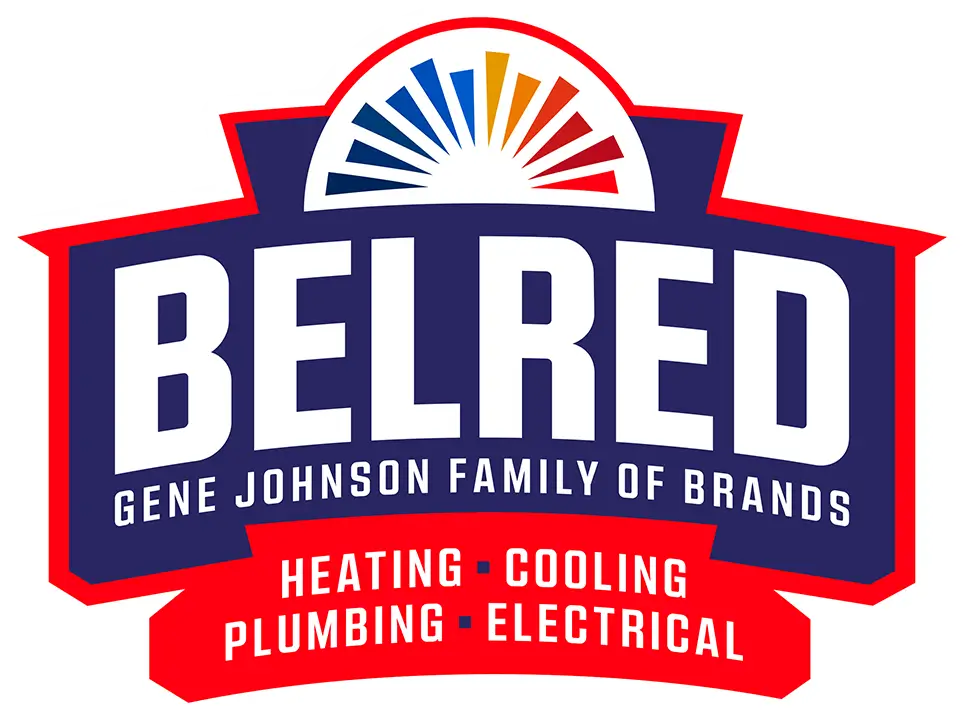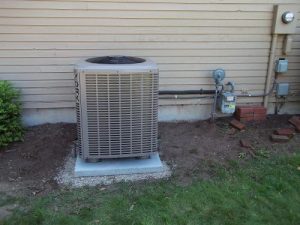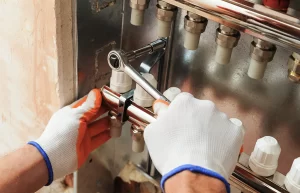When most people think about cooling their homes, they think about air conditioning. They know that air conditioners blow cold air, and they think that this is how they cool. The reality is a little more complex. Air conditioners don’t actually cool your house by blowing cold air, they cool by removing heat and humidity from the air – and that difference is important.
An air conditioner extracts the heat and humidity from the air inside your home and moves it outside. A heat pump does the same thing in the summer, but in the winter it can reverse this process, and extract heat from the outside air and move it inside your home. An air conditioner or heat pump requires an indoor coil to transfer heat through, as well as a fan component to move the air it conditions. They will work with an electric air handler (for electrically heated homes), or with a gas or propane furnace.
For those who want more technical explanations, you can visit the EnergyQuest website or How Stuff Works for excellent explanations and video demonstrations. For those of you who don’t care HOW it works, only that it DOES, the important thing to remember is that these are both heat transfer devices, but a heat pump can heat as well as cool.
Because they are not creating heat (like a furnace), only moving it from one place to another, and due to advancements in the refrigerants and compressors they use to do this, air conditioners and heat pumps can be very energy efficient. If your home already has an air conditioner, newer models can be 30% or more efficient than those manufactured just a few years ago. Heat pumps tend to be most efficient when the outdoor temperature is over the freezing point. We’re fortunate in the Pacific Northwest that we have very few days of the year when temperatures dip lower than this – so heat pumps are a great option here. If you are interested in cooling your home, a heat pump can be a very attractive option.
So which is right for you? Several factors are important in determining this:
- Properly sized and installed ductwork is critical for the proper operation of air conditioners and heat pumps. Remember – they rely on transferring heat from the air, so if airflow is inadequate they will not work properly. Heat pumps are especially sensitive to air flow, so there may be situations where air conditioners are a better option – unless duct renovations are being done. Your contractor should evaluate your ductwork to ensure it is sized and installed properly.
- If you don’t already have an air conditioner, adding one creates an additional utility expense. In these cases, you may be better off to look at a heat pump which can save you money on your heating bills – providing utility savings and payback.
- Heat pumps heat more gently than furnaces do. While this actually helps to reduce hot and cold spots, proper sizing is critical to ensure comfort. Make sure your contractor uses an ACCA approved Manual J heat load calculation, and calculates the heat pump balance point (the outdoor temperature at which the heat pump requires back-up heat to maintain indoor comfort) to ensure proper sizing, and that you will have the comfort and energy savings you expect.
- While they are quieter than ever, all air conditioners and heat pumps generate some noise. Brand, size, model, location, etc. can all influence this, but if it is a major concern keep in mind that heat pumps will run year-round while air conditioners will only run in the summer months.
For homes without central duct systems, ductless AC and heat pump units are a great option. And if you really want to maximize your energy efficiency, Geothermal heat pumps use the relatively stable temperatures found below ground to provide great indoor comfort year-round, along with exceptional energy savings.
A no-obligation consultation from BelRed can provide you with the information you need to determine which system is best for you. Contact us today for more information, or to schedule your air conditioning consultation.







